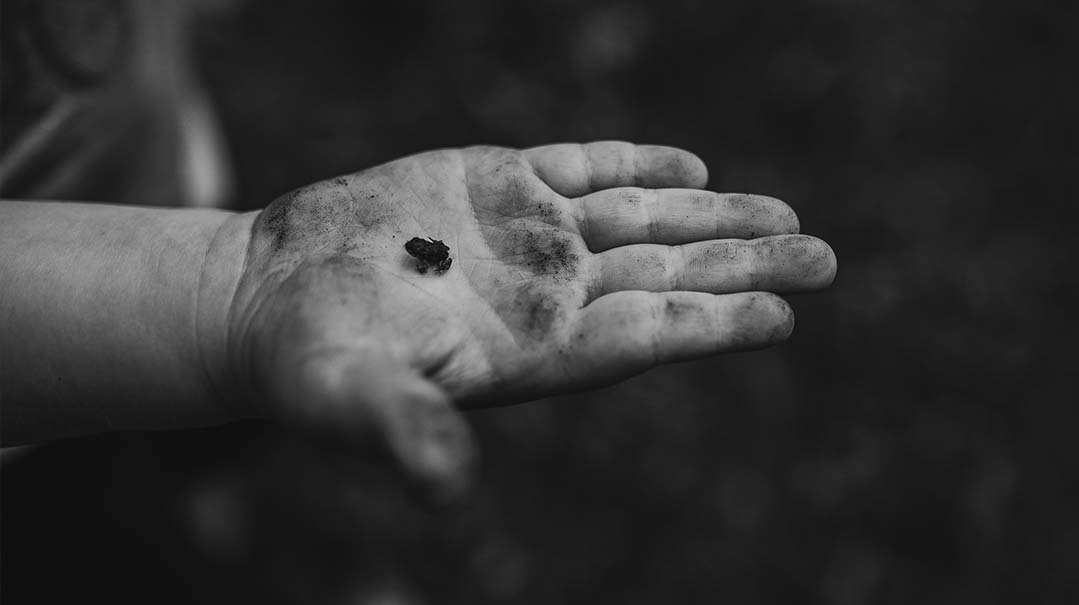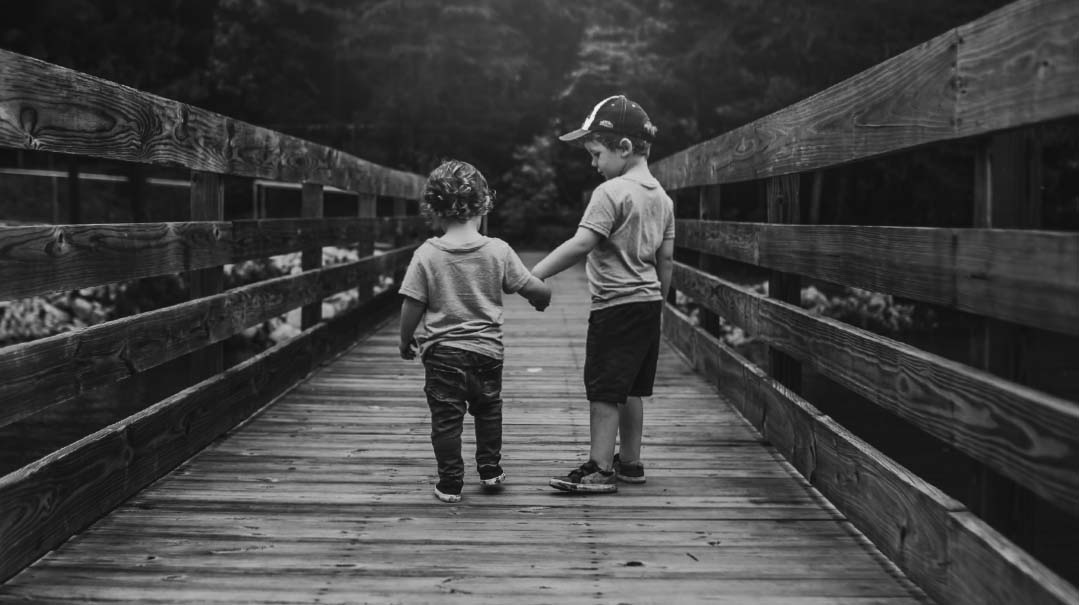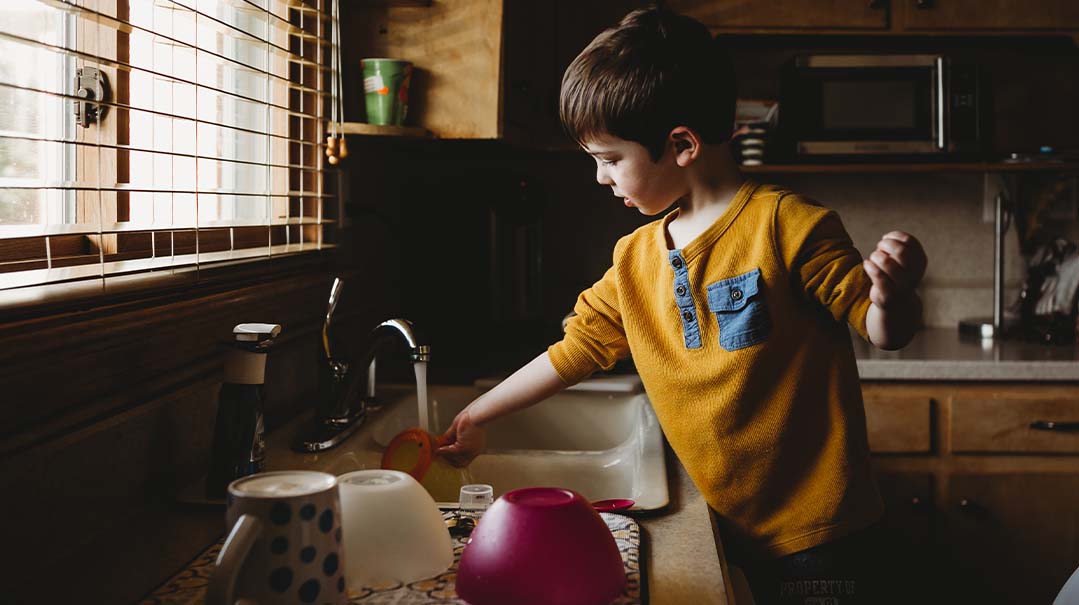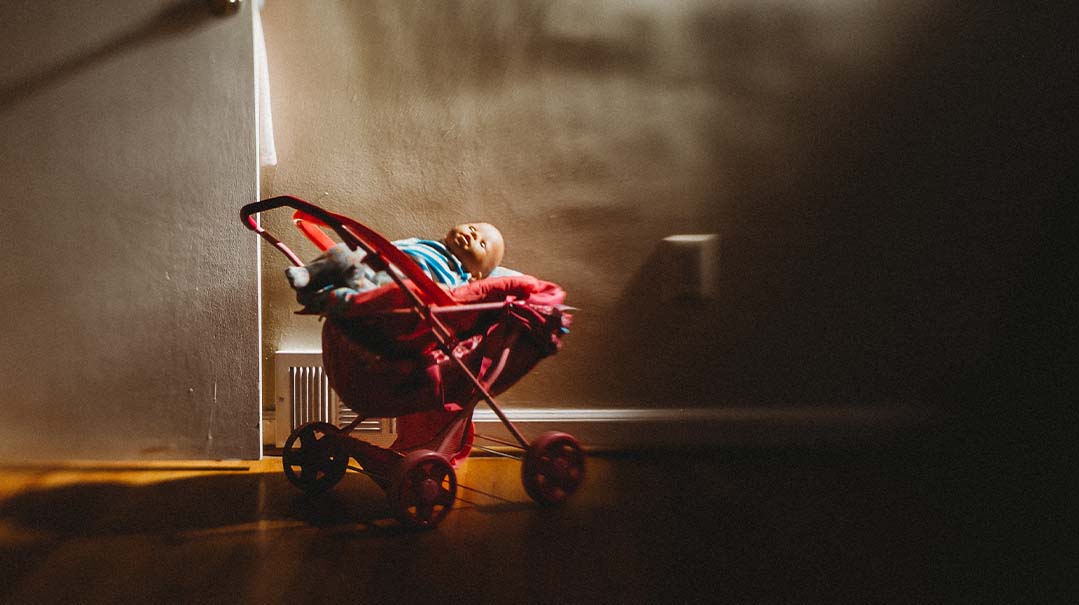From Guilt to Guilt
| August 3, 2021You see, I worry. I worry that I ask too much of you or that you’’re pushed to play a role you aren’’t always ready to play
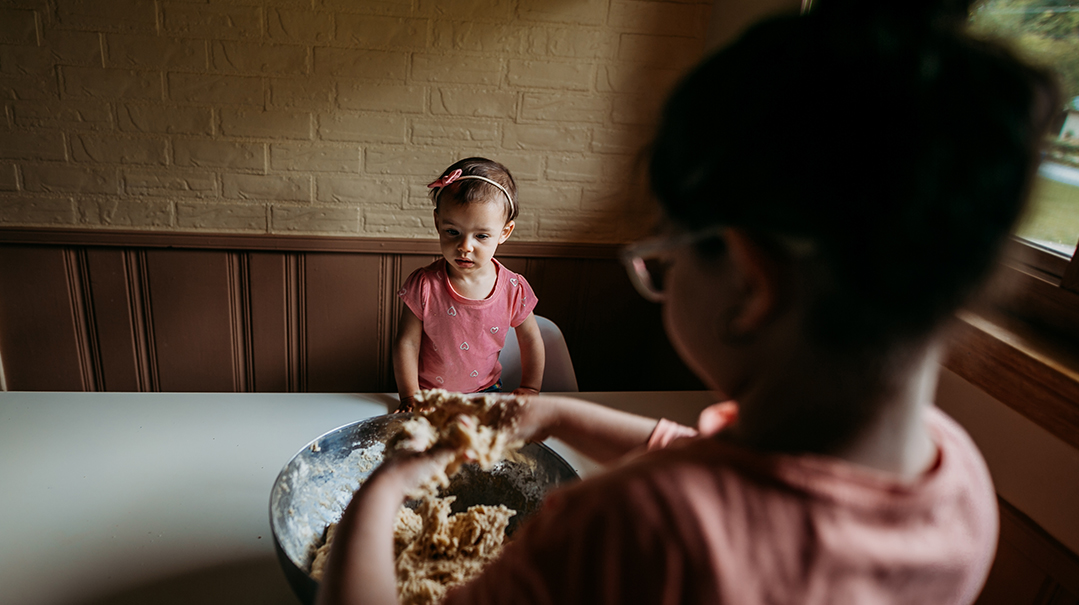
Point of focus
From Guilt to Gift
What this means:
Guilt may be one of the most dominate emotions I experience as a mother. Something tells me I’m not alone in this. Guilt holds much more power over me than I ever allow triumph — and sometimes even love — to hold.
I know there are times I permit guilt to dictate my actions so I can relieve myself of pain or regret instead of figuring out what’s best for my child in a specific moment. In fact, I’m certain that guilt spurs an anxiety that causes me to continue the very pattern I’m lamenting.
I’ve been wanting to meet guilt face-to-face for a while now, to find a way to welcome it instead of trying desperately to defeat it. I want to somehow transform it into a tool for growth. And I’ve realized the only place to start is where we must always start as Jews: remembering that Hashem is in charge.
Whatever experiences my children are given are tailor-made for them — including being raised by their flawed, human mother. And while I always have the responsibility to work on myself and improve, Hashem knew my shortcomings better than anyone when He blessed me with my children. And still, He placed me at the center of their lives, imperfections and all.
Only once I recognize that there’s a greater Source of life than I, and that He’s all knowing and always shaping — shaping me, shaping my children — only then can I search for the gift within the guilt.
The gift may lie in the change that the guilt has the potential to bring about, if I let it. Or perhaps the gift lies in the very source of the guilt itself. Maybe there’s some way to find a silver lining to my mistake, some way it’s assisted in molding my child into who she’s meant to become. And, if nothing else, I can let it push me to change.
To do:
First, think about a specific area in your parenting that often gets tainted with guilt. Once you’re clear on a specific trigger that elicits this guilt, photograph either the child involved or an item/scene that reminds you of it. Then, write a narrative that addresses both your regret and the gift that this mess-up has created or can possibly bring about.
The “gift in your guilt” may not be as straightforward as finding a positive spin to the ways you’ve messed up. But regardless of the depth of your regret, this is an opportunity to allow it to serve a purpose — and then release it. And if releasing it is the only gift you can find in it, it will also have served its role.
- As the oldest, you have a unique ability to sense my feelings at all times. I’m aware of your desire to step in and “fix” whatever needs fixing. I treasure your insight and your mirroring of me, but I hold it with careful and delicate hands.
You see, I worry. I worry that I ask too much of you or that you’’re pushed to play a role you aren’’t always ready to play. I regret the times that I’’ve forgotten you’’re only a child, just like your siblings, and that you deserve the same patience and grace as they do...
But now, I’’m going to recognize who you’’ve become in this process. I’’m going to release the guilt and remember that you’’ve grown from my mistakes. I will do my best to let you savor your childhood and not need to grow up too fast, but you’’ll likely always be the first to test out my parenting — and that’’s part of what will continue to shape you as kind, responsible, and deeply aware of others’’ needs.
(Originally featured in Family First, Issue 754)
Oops! We could not locate your form.







